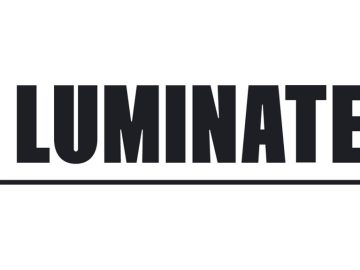Multilevel marketing (MLM) programs are a legitimate way of selling products – think Amway, Tupperware and Mary Kay.
They become illegal pyramid schemes when the emphasis is on recruiting new distributors rather than actually selling products.
Most participants in pyramid schemes find that no matter how hard they work, they can’t recruit enough people to even cover their expenses.
A new Federal Trade Commission (FTC) study of 70 MLMs – big and well-known companies to smaller ones – found that most people who join even a legitimate MLM make little to no money; many lose money.
Most participants made $1,000 or less per year before expenses and participants in 17 MLMs didn’t make any money at all.
But people considering joining an MLM might have a hard time figuring that out. The
Here’s what the FTC found about how MLMs recruit newcomers
FTC analyzed publicly available MLM income disclosure statements and found that most of them employed these tactics:
- Emphasizing the high dollar amounts made by a relatively small number of MLM participants.
- Leaving out or downplaying important facts, like the percentage of participants who made no money. Displays of earnings amounts usually don’t include participants with no or little earnings and the omissions aren’t plainly disclosed.
- Presenting income data in potentially confusing ways.
- Ignoring expenses incurred by participants – even though expenses can outstrip income.
If you’re considering joining an MLM, first be sure it’s not a pyramid scheme. Then be sure it’s a wise investment that fits your interests and lifestyle. In particular, if you don’t like selling, joining an MLM is a bad idea.
Research the company with the BBB, your state attorney general, and online using search terms like “review,” “scam,” or “complaint.” Talk with current and past distributors about their experience with the MLM.
Opinion:Don’t buy a worthless gift card this holiday season and don’t forget to use it
MLM companies may sell quality items at competitive prices, but some offer goods that are overpriced, have questionable benefits, or are downright unsafe to use. In particular, be very skeptical about health products advertised as having “miracle” ingredients or guaranteed results.
Questions to ask yourself before getting into this line of business
If you’re not an experienced businessperson, ask an attorney, accountant, or other trusted advisor to help you evaluate the opportunity and review legal documents. Ask yourself these questions:
- Do you have a solid sales plan? Consider whether you have friends and family who will buy this product from you over and over again. Think about how you would find and keep other regular customers. Can people buy something like this product elsewhere, maybe for less?
- What are your income goals? You might think that, with your willingness to work hard, you can earn substantial income through the MLM. Remember that most people who join MLMs and work hard make little or no money, and some of them lose money.
- Can you afford to risk the money and time? Every business venture has risks. Even if the start-up costs seem low, additional expenses can add up quickly, including training and travel costs, website fees, promotional materials, costs to host parties, and costs to buy products. If you need to borrow money or use your credit card to finance your expenses, you may face hefty interest charges too. Consider the time demands of the business, like going to training, recruiting new distributors, managing inventory and paperwork, and shipping products.
Avoid a company that uses high pressure to get you to join.
Randy Hutchinson is president and CEO of Better Business Bureau of the Mid-South.






